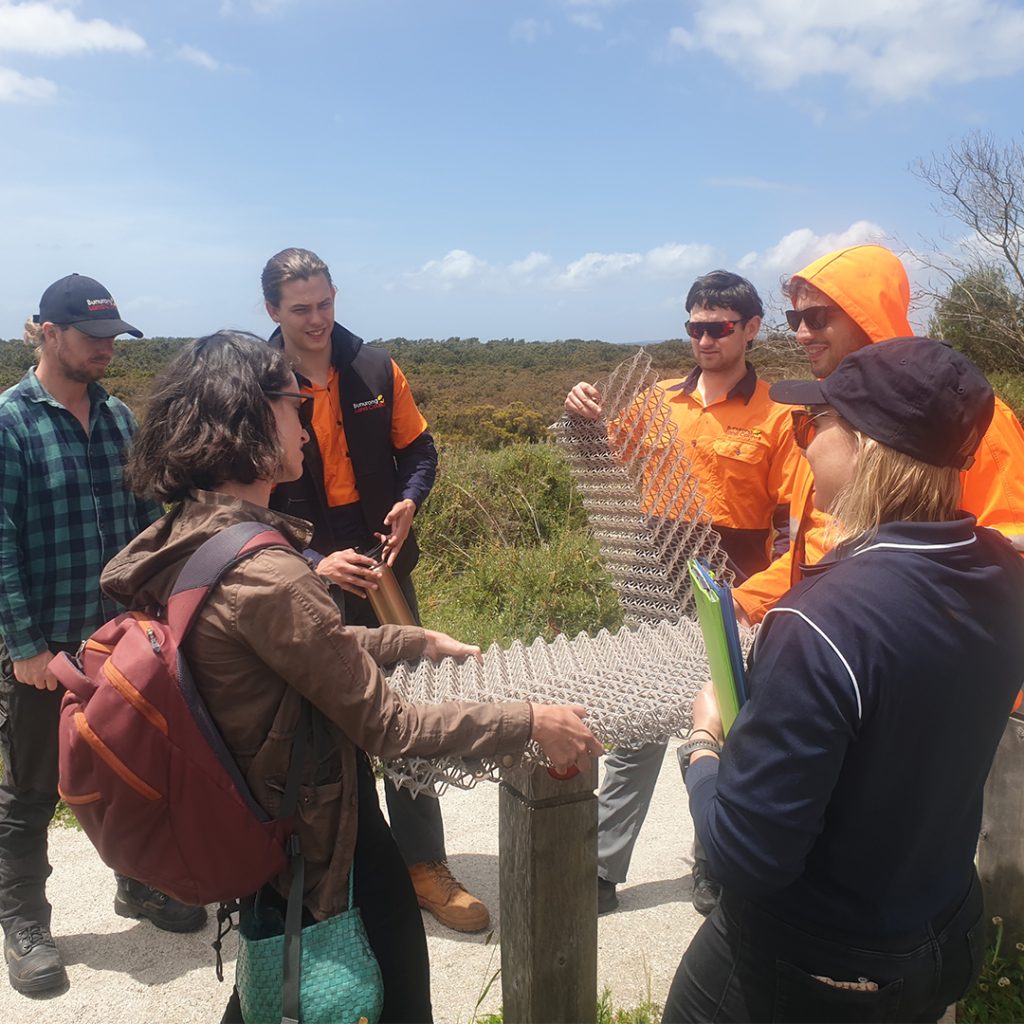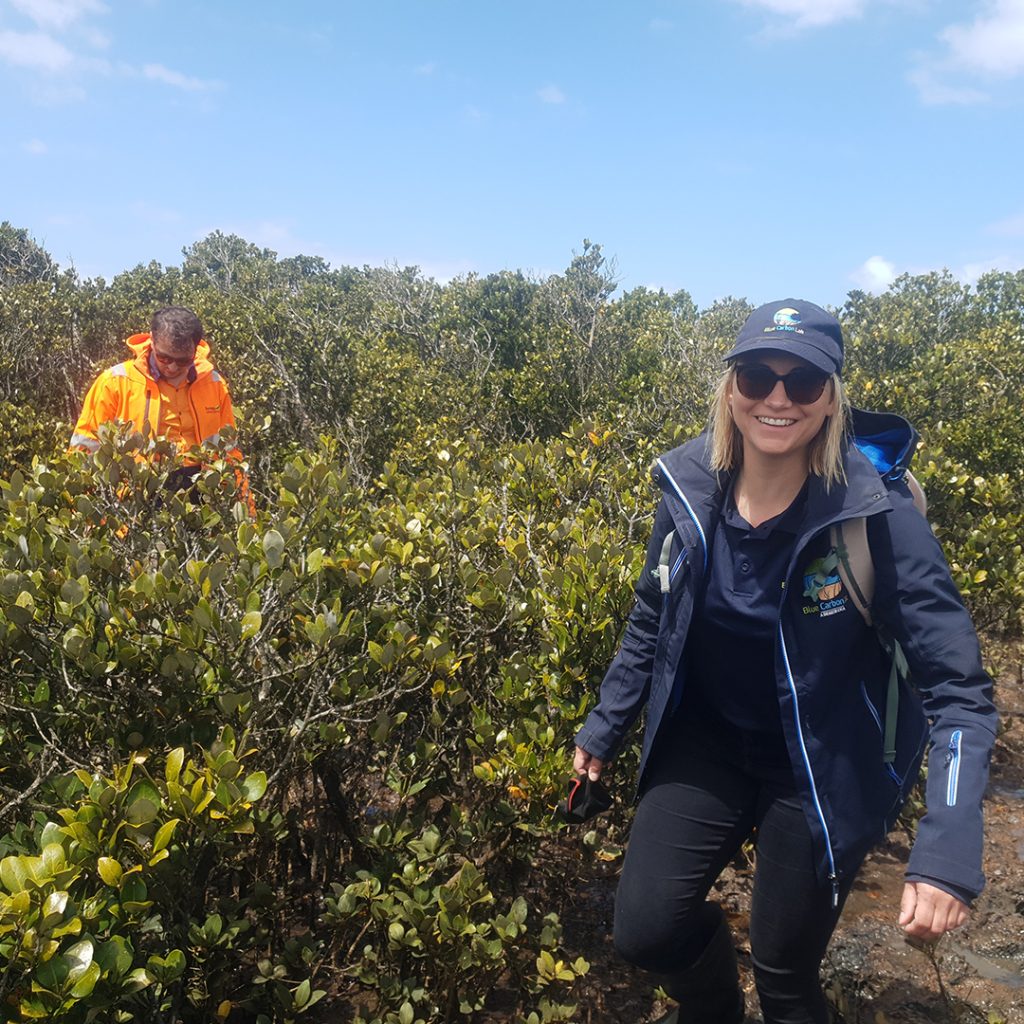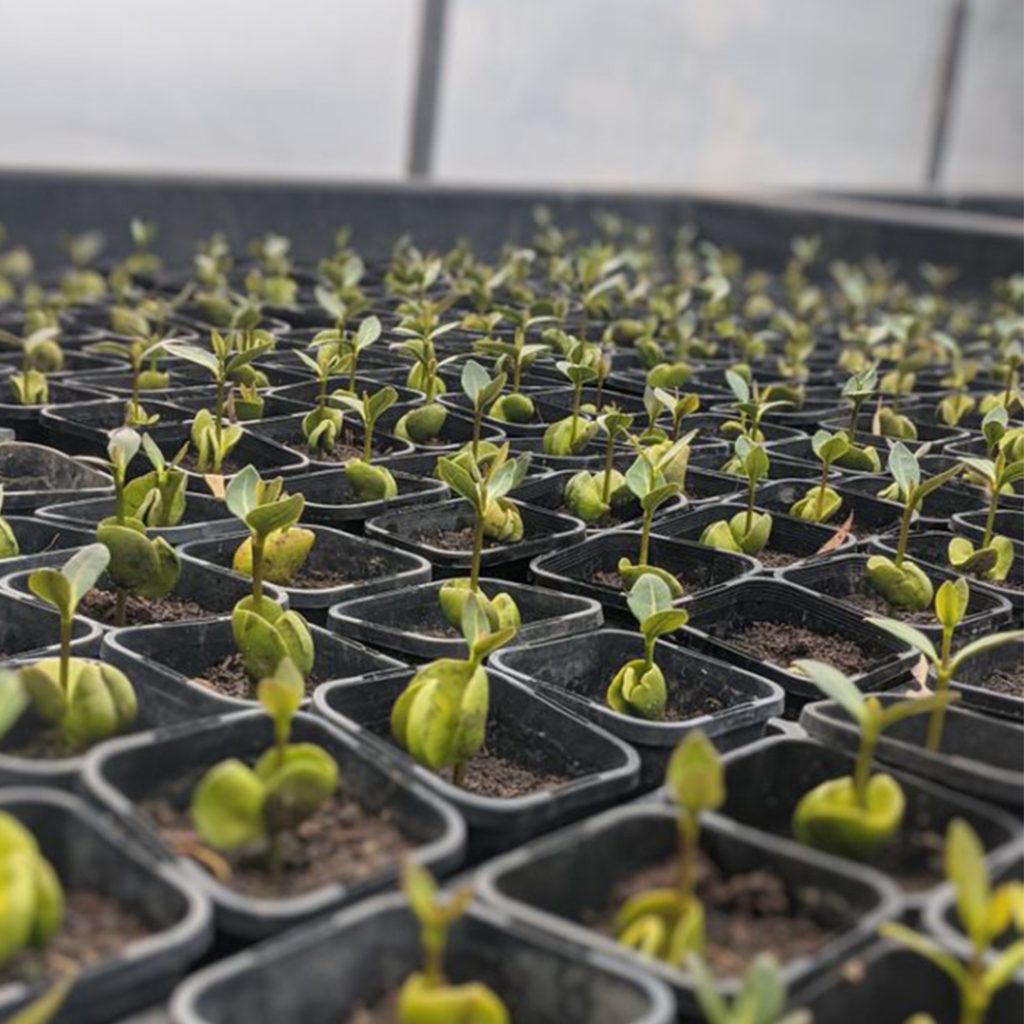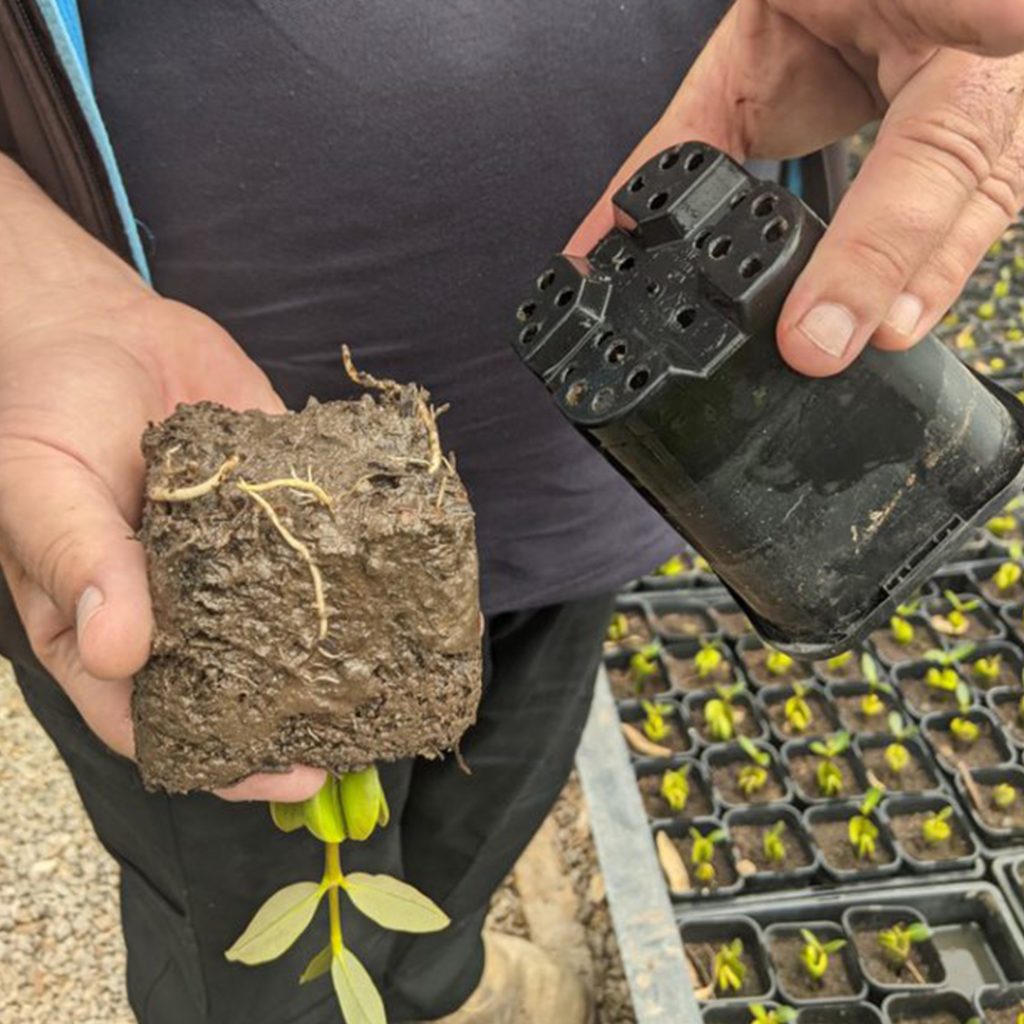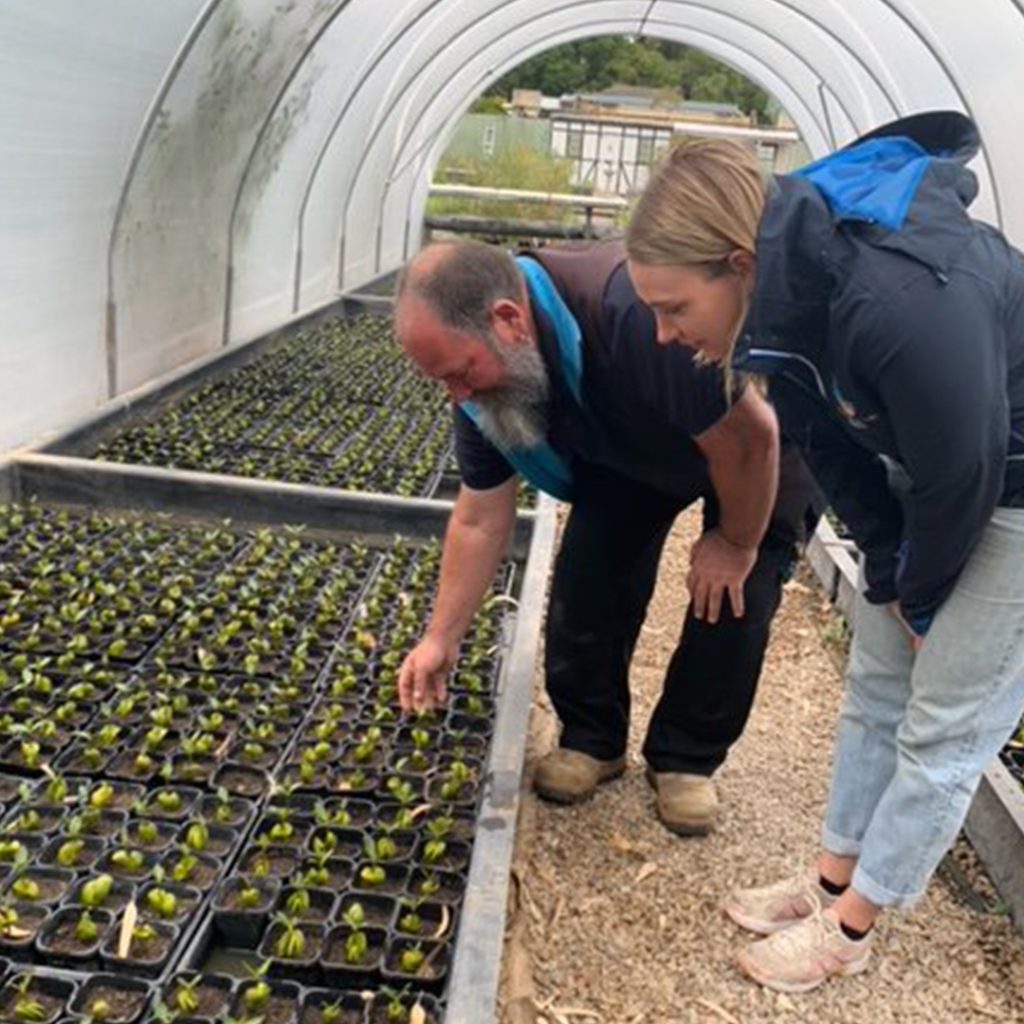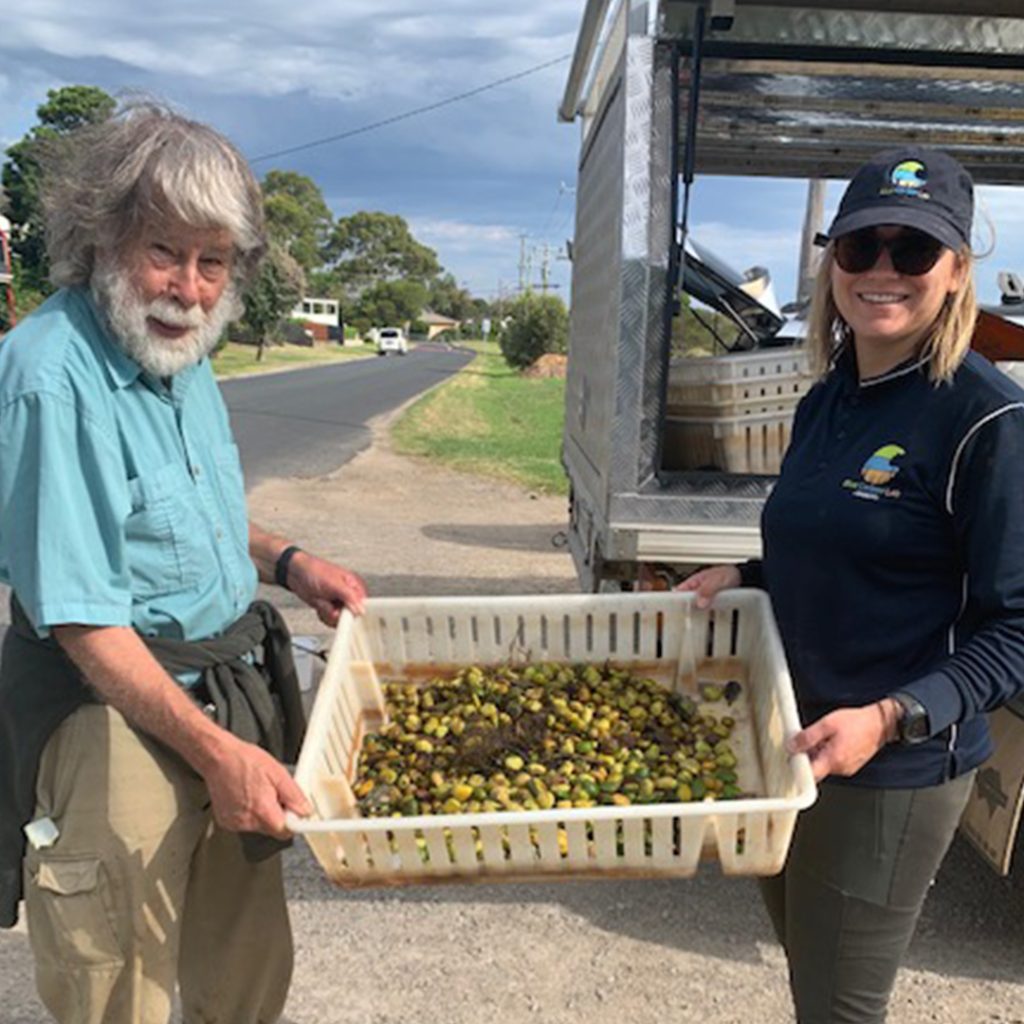We recently celebrated World Wetlands Day. This year the Convention on Wetlands wants to focus on efforts to reverse the global trend of wetlands loss and degradation by saying it’s time for wetlands restoration. They’ve produced some great materials to help people understand the challenges wetlands face, and ways that everyone can play a part protecting them.
For those involved in or planning restoration work, they note 7 best practices of successful restoration projects:
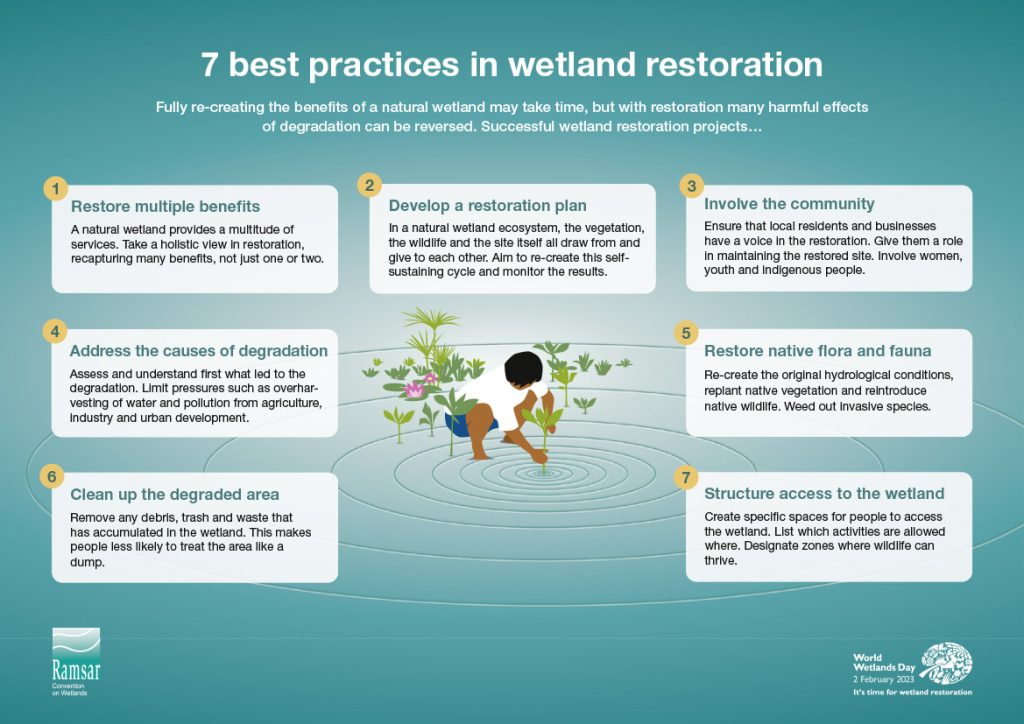
You can see that a top priority for success is involving the community. Giving people across the community a voice, and a role, in the restoration process means that they become advocates for the project and have a sense of connection and stewardship with these ecosystems.
A key pillar within Regenerating Our Coasts is Outreach and Engagement. We believe that a successful restoration project involves educating and engaging the public, stakeholders, and industry.
Our approach to outreach is through social and traditional media, online and offline education materials, citizen science days, and workshops. Collaborations with local community groups, landowners, and Traditional Owners are also an important part of Regenerating Our Coasts.
Gallery: #ReGenOurCoasts met with Bunurong Land Council environmental officers to discuss wetland restoration work in Westernport Bay, and is currently trialling active restoration of wetland plant species at Truganina Park in collaboration with Hobsons Bay City Council.
Workshops, learning opportunities, and hands-on monitoring activities
In November 2022 we held a blue carbon and coastal restoration workshop with Bunurong Land Council’s Environmental Officers. We talked about the carbon-capturing power of coastal wetlands, the various methods to restore these ecosystems, and the financial and policy mechanisms for Blue Carbon restoration.
After the presentations the group walked through a local wetland, talked about various ways to measure restoration success, and shared ideas for Blue Carbon projects on Bunurong Country. It was great to meet a team so passionate about caring for Country through coastal restoration and we’re looking forward to future collaborations.
Blue Carbon Lab also hosted a Lunch & Learn workshop with project partner Beach Energy, focussing on the importance of coastal wetlands and the need for improving our approach to restoring wetland ecosystems.
Currently, Regenerating Our Coasts has active trials of using 3D printed, biodegradable structures at sites in Western Port Bay and the Hobsons Bay area of Port Phillip Bay. Through planning and fieldwork, we are meeting and collaborating with city councils, local restoration groups, other researchers, Landcare groups and many more along the way. Mangrove seedlings planted into these structures over the summer have started to germinate, and a key part of the project will be to measure the growth and survival of seedlings within these structures compared to traditional planting techniques. That’s where our eager citizen scientists come in, helping our researchers quantify restoration success through corporate citizen science days.
Gallery: Western Port Seagrass Partnership (WPSP) has been restoring coastal wetlands and seagrass for many years. Recently, the #ReGenOurCoasts team joined Ian Stevenson from WPSP and Jamie Burton of Advance Native Nursery to check in on mangrove seedlings being grown for restoration trials. We’ve also been planting seeds directly at trial sites – Michael Mann from Friends of Warringine Park Hastings shows off the haul of seeds he helped gather, ready for summer plantings.
Engagement isn’t a one-way street. Connecting with and taking part in knowledge exchange with local communities and organisations through outreach can help us learn the history of the land, understand community needs, and to identify future potential suitable areas for restoration trials.
The Western Port Seagrass Partnership (WPSP) have been restoring coastal wetlands for many years and have developed their own techniques for raising seagrasses and mangroves from transplants and seed. We’ve joined them at site visits to inspect ongoing restoration work, exchange ideas and techniques, and to scope out potential sites for future restoration. We are very grateful for the wealth of knowledge they’ve shared in the process of developing our own restoration trials.
By working together, we can reverse the loss of coastal wetlands in our communities.
If you’d like to get in touch about possible engagement opportunities, message s.trevathantackett@deakin.edu.au
Stay tuned at our blog and socials for more updates about #ReGenOurCoasts!

